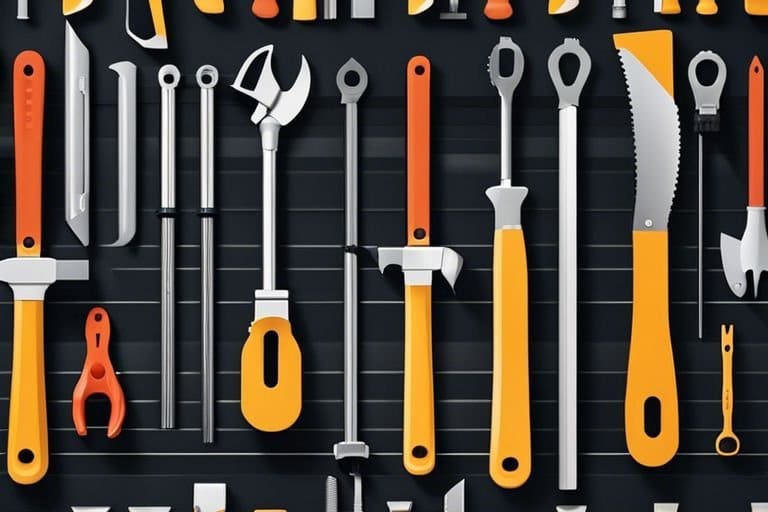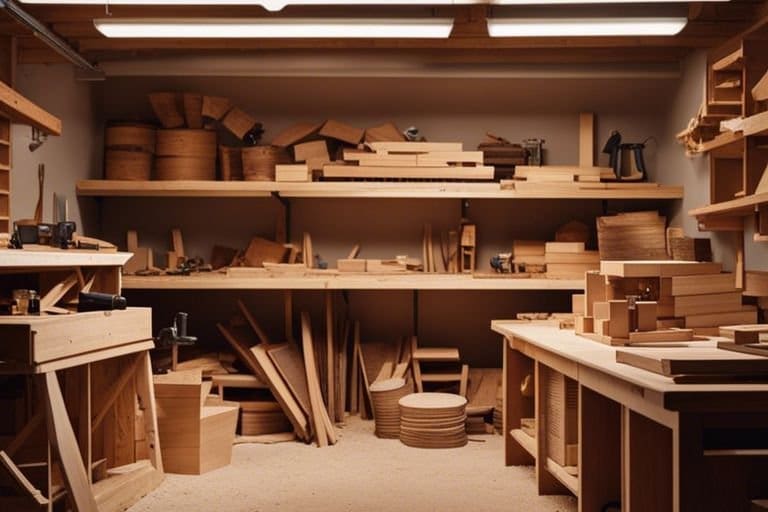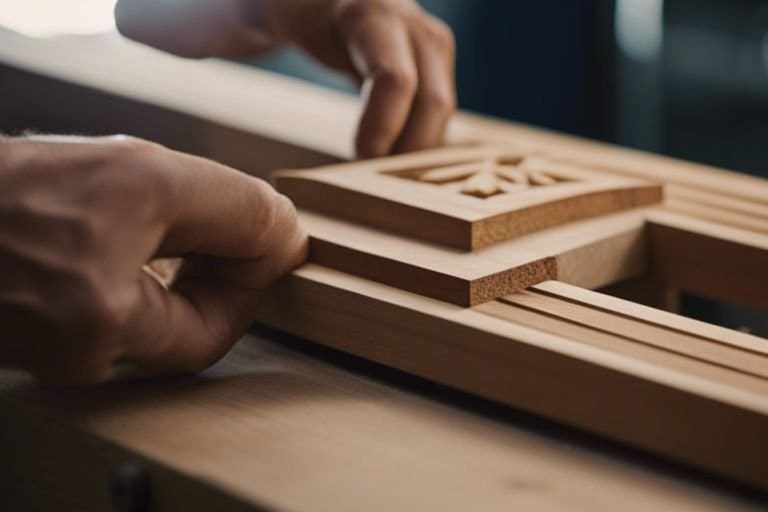When it comes to choosing the best saw for your woodworking projects, there are many factors to consider. From the type of saw to the blade size and quality, it can be overwhelming to make the right decision. That’s why we’ve compiled a list of tips and tricks to help you choose the right saw for your needs.
Types of saws
First, consider the type of saw you need. There are many different types of saws, each designed for specific purposes. For example, a circular saw is great for cutting straight lines, while a jigsaw is better suited for curved cuts. A handsaw is perfect for resewing, while a table saw is ideal for making precise cuts.
Choosing the right blade size and quality
Next, think about the blade size and quality. A larger blade will allow you to make longer cuts, while a smaller blade is more versatile for a variety of cuts. The quality of the blade is also important, as a sharp blade will produce cleaner cuts and reduce the risk of accidents.
Reputable saw brands
Another important factor to consider is the brand and model of the saw. Look for reputable brands that are known for producing high-quality saws, such as DeWalt, Makita, and Bosch. Read reviews and compare prices to find the best model for your budget.
Safety features to look for in a saw
It’s also important to consider the safety features of the saw. Look for saws with blade guards and anti-kickback features to reduce the risk of accidents. Always wear protective gear, such as safety glasses and gloves, when using a saw.
Comfort and convenience factors
Finally, consider the size and weight of the saw. If you will be using the saw frequently, choose a model that is easy to maneuver and store. Look for saws with ergonomic handles and lightweight designs for added comfort and convenience.
Tips and Tricks for Woodworking Success Conclusion
In conclusion, choosing the right saw for your woodworking projects is essential for producing quality work and ensuring your safety. Consider the type of saw, blade size and quality, brand and model, safety features, and size and weight when making your decision. With these tips in mind, you’ll be able to find the perfect saw for your needs.
After reading Tips and Tricks for Woodworking Success, read this:




